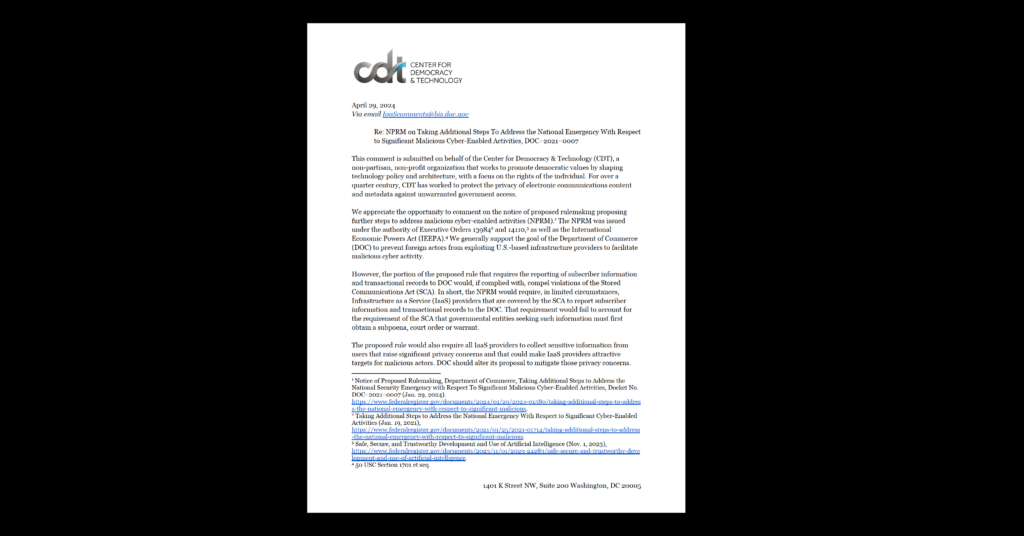Has Facebook (Quietly) Fixed “Instant Personalization”?
Late last week, Facebook announced the expansion of its “instant personalization” program to a new partner site: Rotten Tomatoes. Although Facebook emphasized on its blog that this new addition to the highly controversial program is “like other instant personalization partner sites,” the Rotten Tomatoes implementation is quite different (and better!) from what we saw with the first two Instant Personalization sites, Yelp and Pandora. Facebook and Rotten Tomatoes seem to have worked together to create an instant personalization experience that offers an interesting, new experience for users while protecting the privacy of the sites’ users.
When Facebook partnered with Yelp and Pandora back in April, many users were surprised to discover that the identities they had cultivated on each of these sites were now linked to their Facebook identities and the information they had created or shared on each of these sites was now available to their Facebook friends. Yelp users discovered that restaurants, hotels, or doctors offices that they had rated pseudonymously were suddenly publicly associated with their real name and Facebook picture, opening them up to libel lawsuits as well as plain old embarrassment. (Yelp has since made changes to its interface that help with some, but not all, of these problems.)
Pandora users were similarly surprised when they realized that the names of songs they had listened to in the past– and were listening to at that very moment – were being broadcast to their Facebook friends along with their name and profile picture (CDT has since worked with Pandora to create an improved user interface to help users decide if they actually want this information shared). The decision by Facebook and these partner sites to link users’ distinct identities without their consent raised significant privacy concerns and upset some users.
Facebook’s partnership with Rotten Tomatoes avoids this mistake and demonstrates that violating user privacy is not a prerequisite for an innovative expansion of the social network. Long-time Rotten Tomatoes users who visit the site while logged into Facebook in the same browser will be offered an instantly personalized experience and new interactive features, but their past site usage will not be publicly shared with Facebook friends or publicly connected to their Facebook profile. When you take advantage of any of the new features, it’s pretty clear that the activity is linked to your Facebook identity, and there are several backstops in place to make sure you don’t accidentally publish something you might not want your Facebook friends to see. Alternatively, users can login under a pseudonymous Rotten Tomatoes ID, and participate on message boards and other existing features; that behavior isn’t linked to their Facebook name. Users who give (or previously gave) Gigli a high rating under a Rotten Tomatoes ID need not worry: their secrets are safe.
We hope that future partnerships between Facebook and other websites follow the Rotten Tomatoes model by overlaying completely new, clearly Facebook-branded functionality on top of its partner sites, without disclosing prior behavior in ways consumers wouldn’t expect. Alternatively, if Facebook and its partner sites want to merge previously distinct identities, they should first get the user’s permission. Transparent practices coupled with real mechanisms for user control will ultimately create a win-win-win situation for Facebook, partner sites, and the consumer alike.


